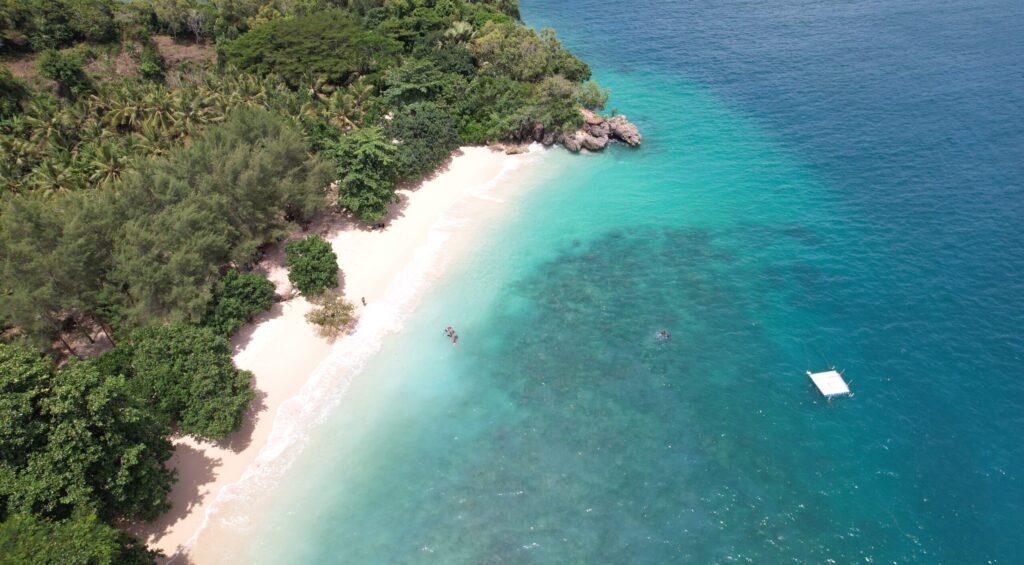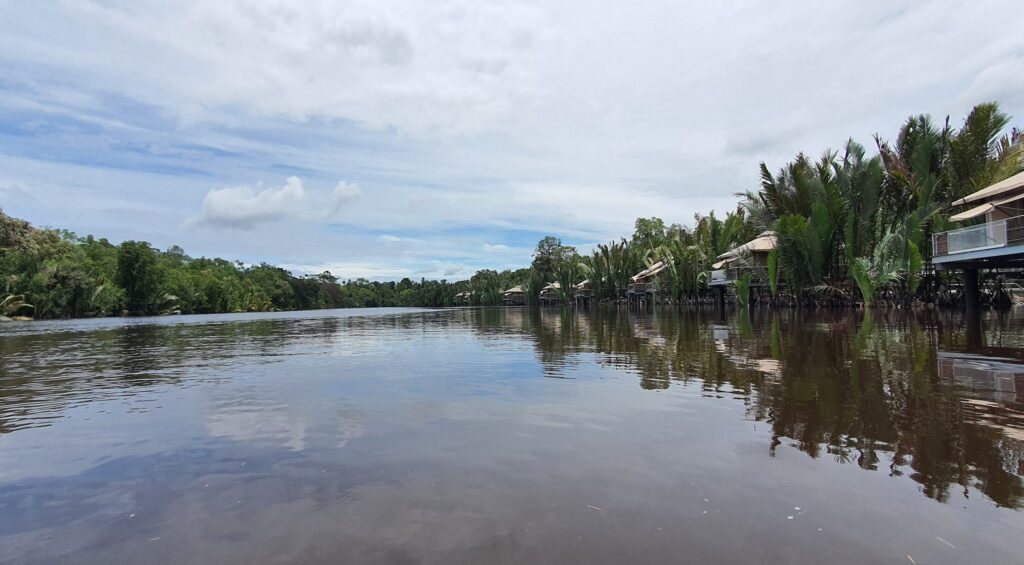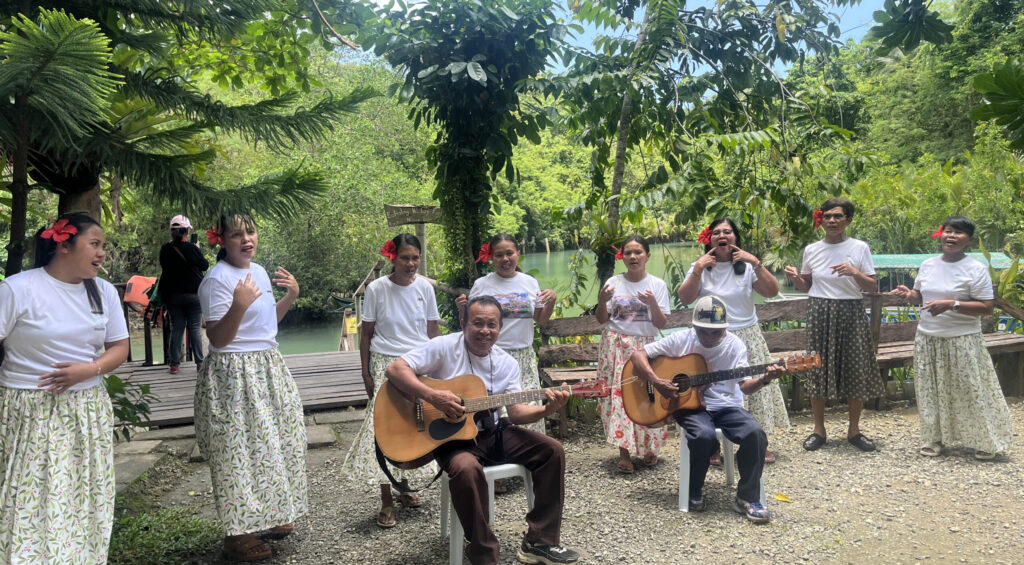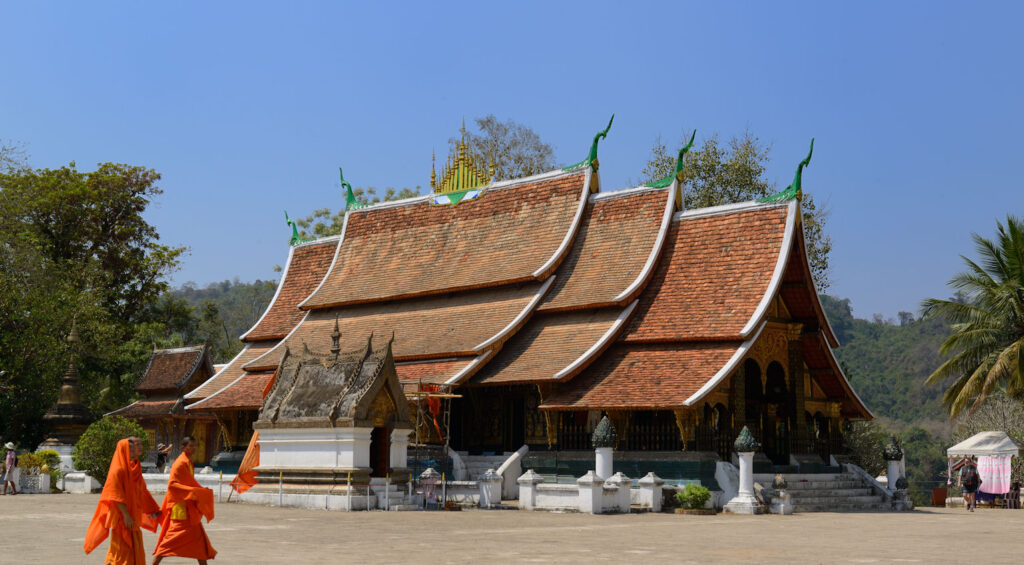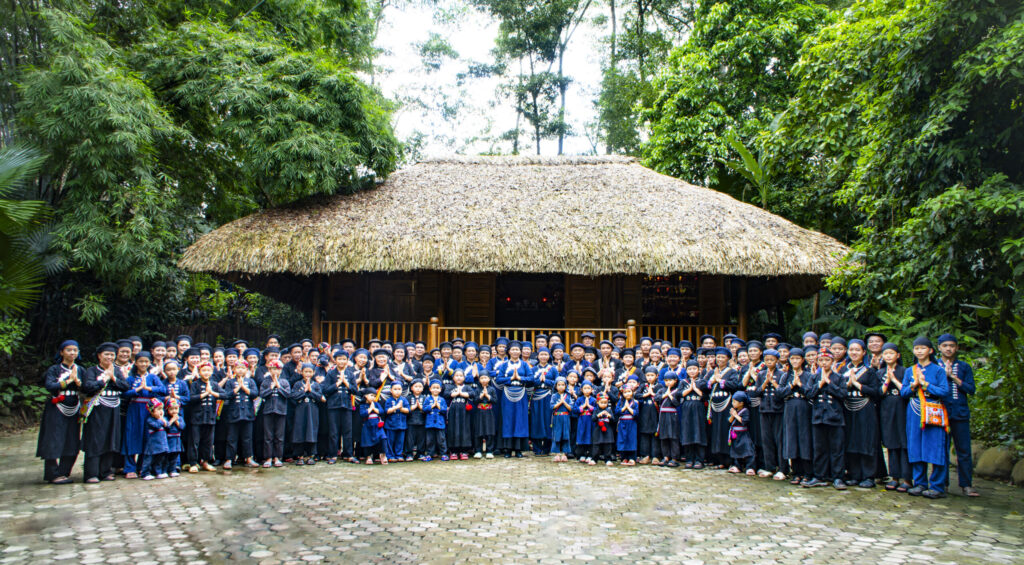Published on November 10, 2025
Del Carmen’s journey of community-driven transformation through tourism
The Municipality of Del Carmen, located on Siargao Island in the Philippines, presents a compelling case study of how sustainable tourism can drive both socio-economic development and environmental conservation. This is a story of resilience, inclusive local governance, and visionary leadership. Through bold initiatives rooted in community participation, Del Carmen has become a model for sustainable, locally led tourism development.

| Project : | Siargao It Up! The Del Carmen Mangrove Forest Tourism Program |
| Place : | Del Carmen, Siargao Island, the philippines |
| Initiative : | By the leadership of Municipality office, the community has been restructured using tourism development. |
| Actors : | Del Carmen Municipality office, local community people |
Overcoming deep-rooted challenges
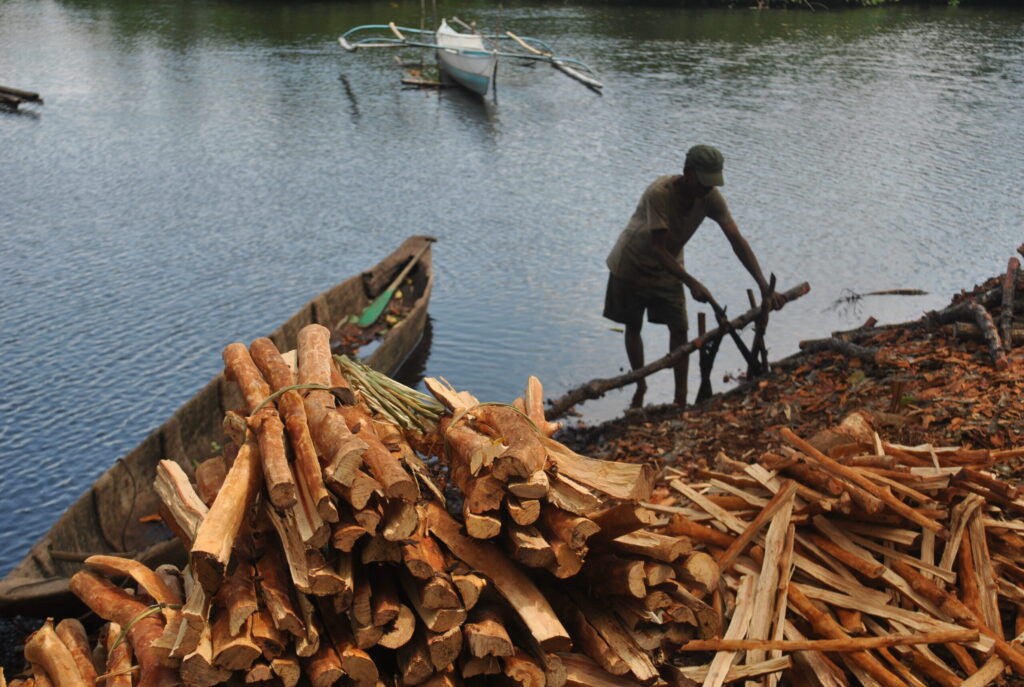
Photo: Courtesy of Municipality of Del Carmen
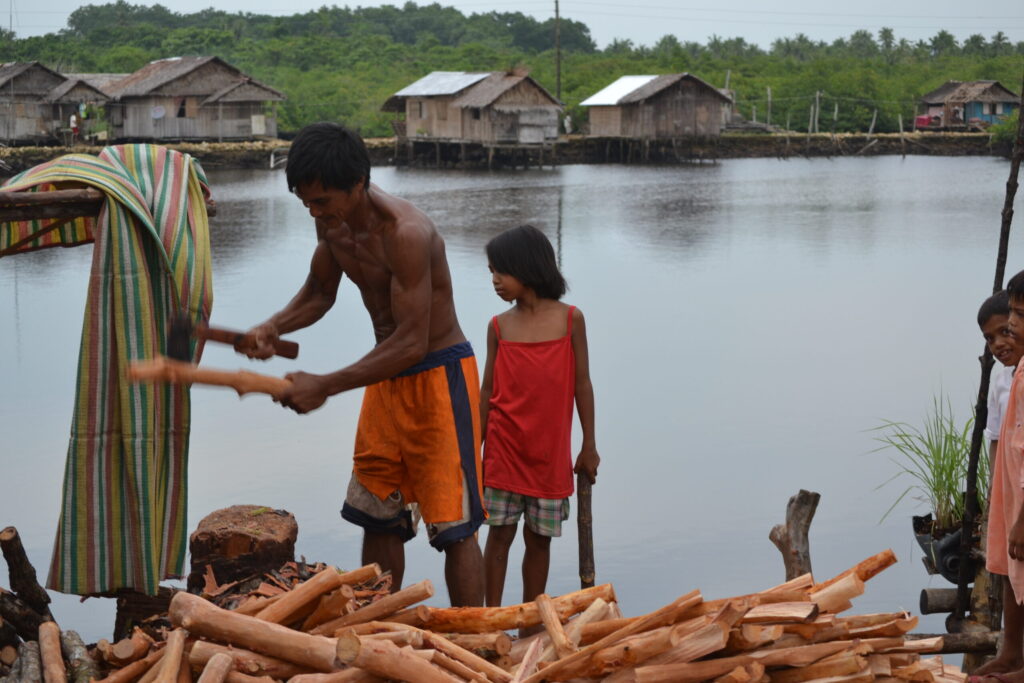
Just over a decade ago, Del Carmen was a “5th class” municipality grappling with severe poverty: 69.9% of its population lived below the poverty line and 26% of children were malnourished. The main livelihood, fishing, had been rendered unsustainable by illegal practices such as dynamite fishing and widespread mangrove cutting. These actions, driven by economic desperation and limited environmental awareness, severely degraded the local ecosystem. The degradation in turn made the community more vulnerable to the frequent typhoons that hit the area. Amid these hardships, a new idea took root: the greatest local natural asset, a 4,871-hectare mangrove forest, could hold the key to recovery and long-term resilience.
Building community resilience through ecotourism
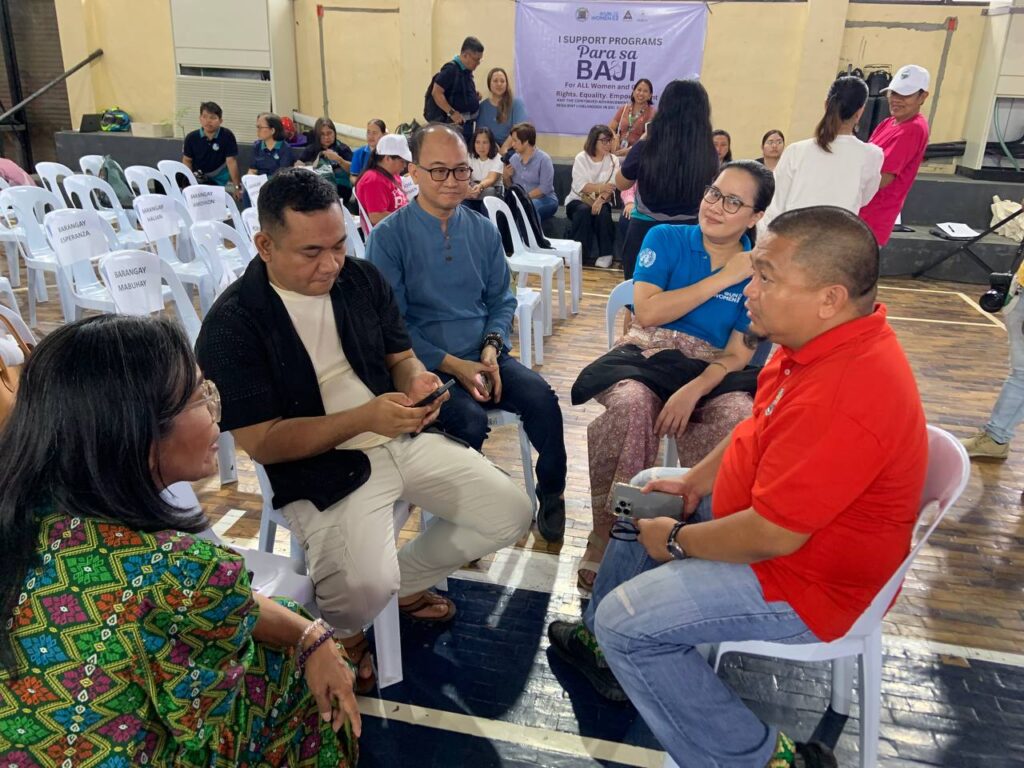
Photo: Courtesy of Municipality of Del Carmen
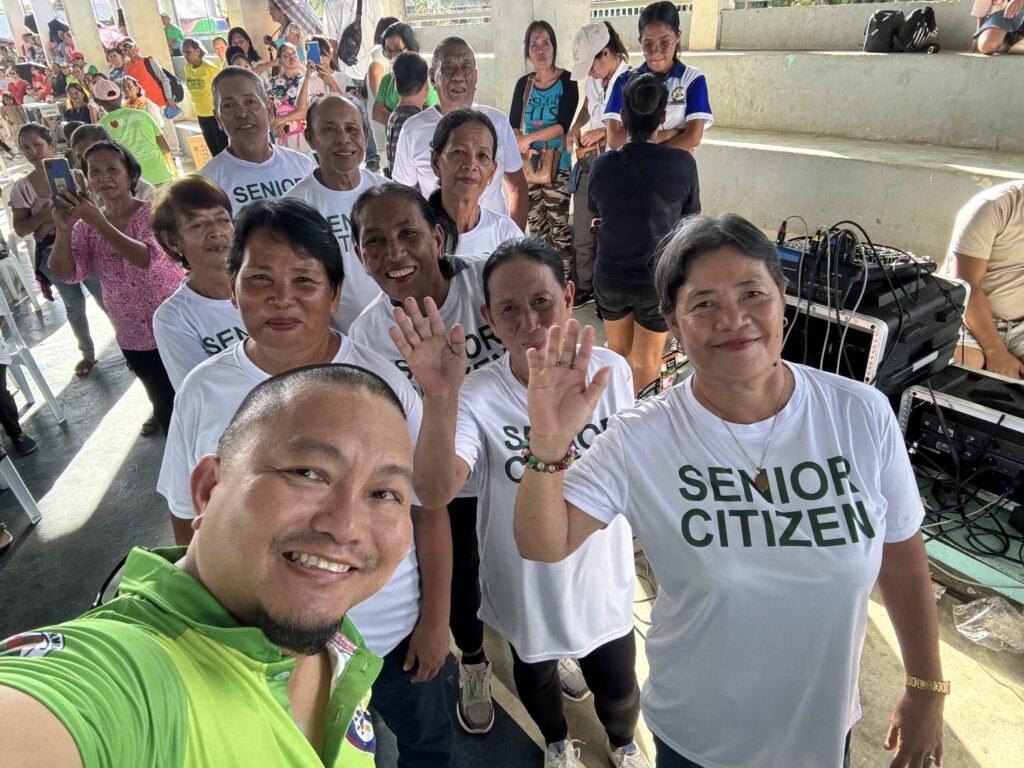
Del Carmen’s transformation began with a shift toward inclusive, community-led conservation through sustainable tourism. In 2013, Mayor Alfredo Matugas Coro II launched the Siargao It Up! Del Carmen Mangrove Management Programme to provide alternative livelihoods for residents previously engaged in illegal fishing and mangrove cutting.
Former cutters and fishers were trained to become tour guides and boat operators, many using their own vessels. The programme now directly involves around 1,000 families across 20 villages. A structured rotation system ensures equitable access to tourism income. In Del Carmen’s iconic Sugba Lagoon, families take turns managing equipment rentals.
Now that tourism has become a powerful tool for sustainability, it is in everyone’s interests to protect the environmental value that draws visitors. Sugba Lagoon closes annually for one month to allow natural recovery, for example, and restoration efforts are led by the Mangrove Ecopark and Learning Center. So far, residents have replanted over 600 hectares of lost mangrove forest, reflecting a new-found pride in the environment and a long-term commitment to conservation.
Transformative impact on the community
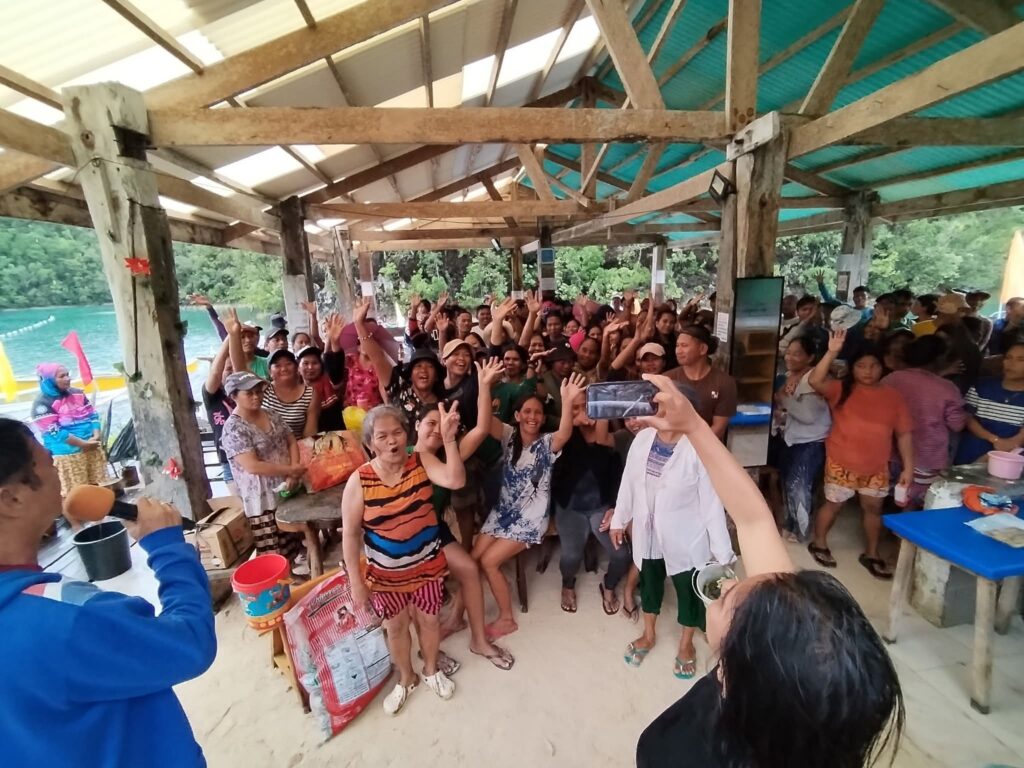
Photo: Courtesy of Municipality of Del Carmen
The integrated approach taken by Del Carmen has led to measurable improvements in the lives of residents, offering a powerful example of how community-focused, sustainable tourism can deliver lasting social and environmental benefits.
- Poverty reduction: Del Carmen has progressed from a 5th to a 3rd class municipality. Poverty incidence has fallen from 69.9% to approximately 25.1%.
- Improved well-being: Malnutrition among children has dropped from 26% to below 1%. With improved food security, hunger-related crimes have effectively disappeared.
- Increased income: Average monthly family income has grown significantly, from around USD 40 at the start of the programme to USD 300–400 today.
- Enhanced resilience: The transition from illegal livelihoods to conservation-based tourism has restored both dignity and hope. During Super Typhoon Odette in 2021, the community’s mangrove forests played a crucial role in protecting lives and property, and Del Carmen fared far better than surrounding areas.
- Stronger community engagement: Visible improvements in health, education, and income have built trust in local leadership. Residents now turn to the municipality for support, and actively participate in conservation and monitoring efforts.

The path ahead: continuing the journey of evolution
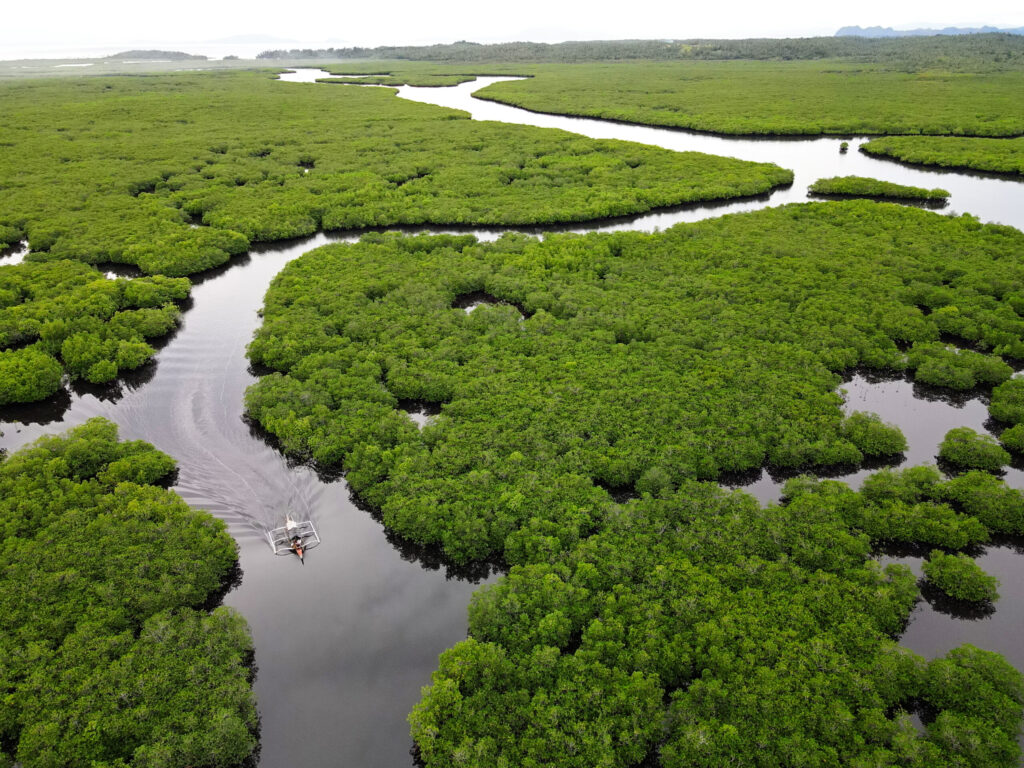
Photo: Courtesy of Municipality of Del Carmen
Del Carmen’s transformation continues, marked by a willingness to adapt to emerging challenges and opportunities. With a solid foundation in ecotourism, the municipality is now embracing digital innovation and new forms of economic participation.
One new focus is attracting digital nomads, not only as visitors but as catalysts for local development. Their presence brings a direct flow of cash into villages and creates demand for enhanced services. In response, the municipality is supporting the conversion of homestays into co-working spaces.
While political and cultural resistance to change remains a reality, local leadership continues to prioritise inclusive development. The rotation system ensures that tourism’s benefits are shared fairly, while new initiatives reflect core values of equity, resilience, and environmental stewardship.
Del Carmen offers an inspiring example of how a local government, through visionary leadership and deep community engagement, can leverage tourism as a platform for sustainable, long-term development.
Interviewee
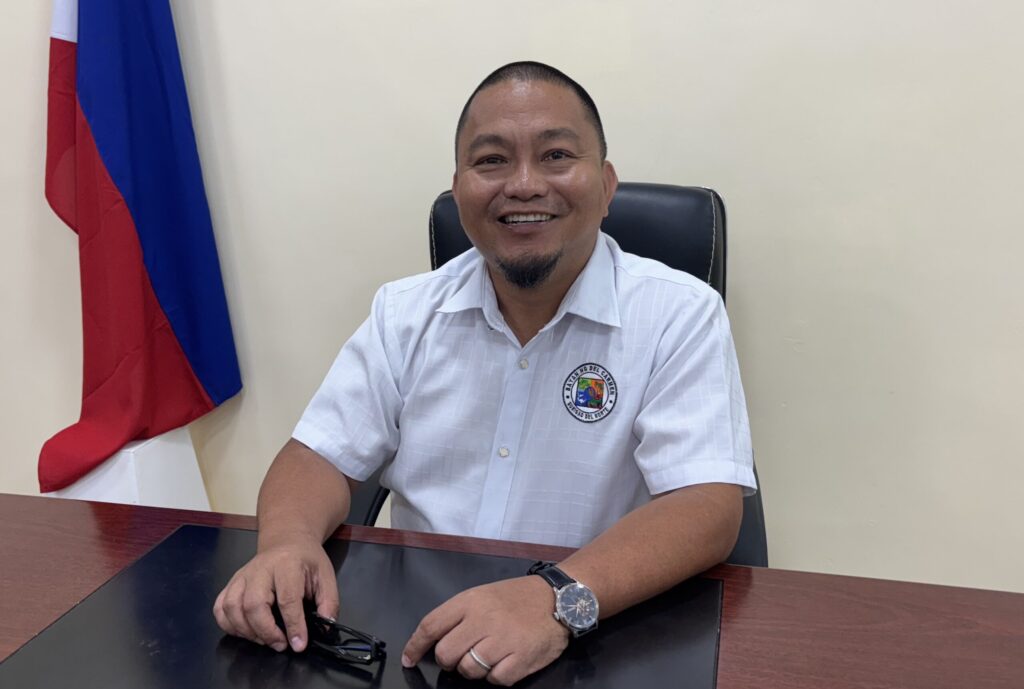
Hon. Alfredo Matugas Coro II
Municipal Mayor, Municipality of Del
“Community people wanted good education for their children, wanted regular livelihood, wanted regular food on their table. So, considering all those things, we told them that you can have all that if you manage the biggest asset that we have, which is our mango forest.”

